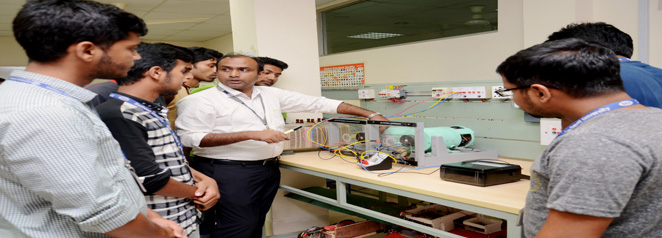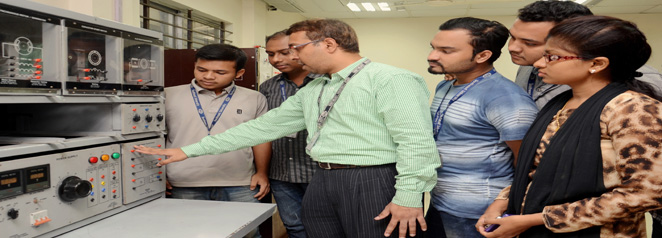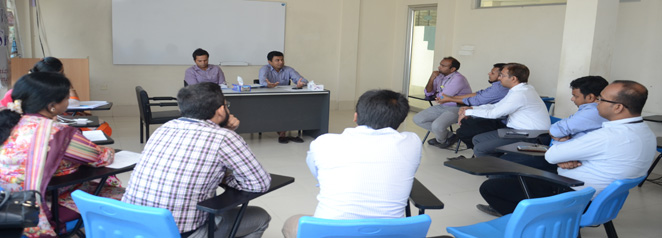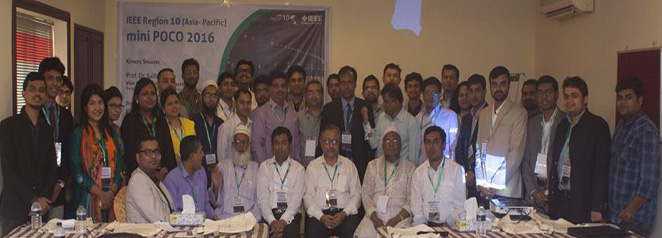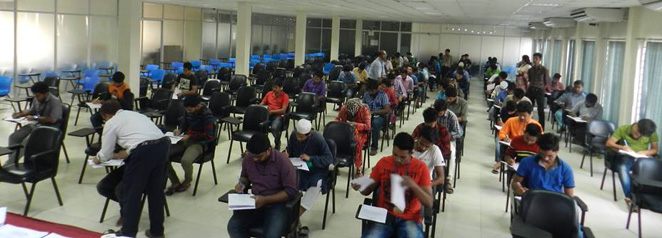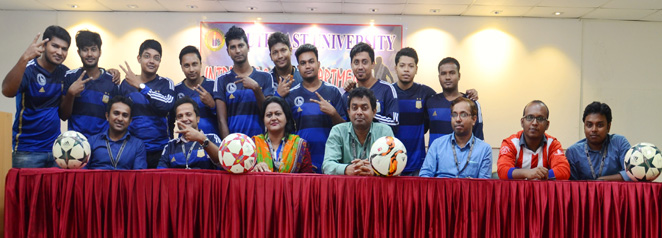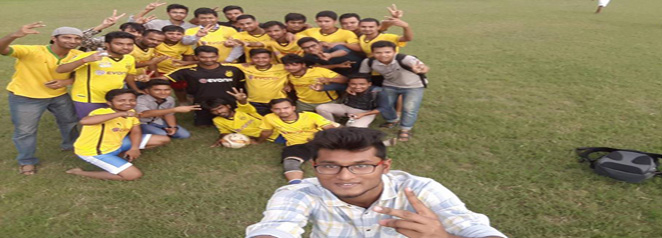
According to the 58th Academic Committee Meeting decision # 2 (dated 25th January 2018), an ‘Industry Advisory Panel (IAP)’ with its Terms of References (TORs) for the Department of Electrical and Electronic Engineering of Southeast University was formed as follows:
Industry Advisory Panel
|
Sl # |
Name |
Designation |
Position |
|
1. |
Prof. Dr. Engr. Muhibul Haque Bhuyan |
Chairman |
Chairman |
|
2. |
Engr. Abdullah Al Mahfazur Rahman |
Lecturer and Coordinator (Day) |
Member Secretary |
|
3. |
Prof. Dr. Md. Shah Alam |
Professor, Department of EEE, BUET |
External Expert from Curriculum Committee |
|
4. |
Prof. Dr. Khawja Iftekhar Uddin |
Professor, Department of EEE, United International University (UIU) |
Engineering Education Expert |
|
5. |
Engr. Asim Kumar Bhakta |
Sr. Assistant General Manager, Testing Division, Energypac Engineering Ltd. |
Member (Power Expert) |
|
6. |
Dr. Engr. Md. Abdur Razzaque |
Principal Engineer, NPED, Bangladesh Atomic Energy Commission |
Member (Power Expert) |
|
7. |
Engr. Mohammad Tofazzal Hossain |
Head of Transport Network, Planning, Technology, Banglalink Digital Communications Ltd. |
Member (Communication Expert) |
|
8. |
Engr. Md. Monzur Hossain |
Deputy General Manager (Technology Division), Grameenphone Ltd. |
Member (Communication Expert) |
|
9. |
Engr. Md. Nizamul Haque Shakil |
Manager, KD Operation, Samsung India Electronics Ltd. (Bangladesh Branch) |
Member (Electronics Expert) |
|
10. |
Engr. Forhad Hasan Mamnun |
Additional Director, Head of the Department (LED TV and R&D), Walton Micro-Tech Corporation Ltd. |
Member (Electronics Expert) |
|
11. |
SM Mahabub Alam |
Managing Director and CEO, Massive Star Studio |
Member (Computer Expert) |
|
12. |
Engr. Md. Al Imran Sarker |
Assistant Manager (Engineering and Operations), Sonar Bangla Foundation Ltd. |
Alumni Member |
|
Terms of References (TORs) 1. Attending meetings convened by the department at least once in a year 2. Reviewing the existing curriculum 3. Introducing/ dropping new/old courses in/from the curriculum as per industrial needs 4. Suggesting changes in the curriculum as per industrial needs 5. Attending in the industry advisory panel meeting 6. Suggesting new books for the courses in the curriculum as per industrial needs 7. Updating the panels as and when required 8. Placing any changes in the curriculum to the Academic Council for approval |
|||
 Welcome to the one of the prestigious Departments of Electrical and Electronic Engineering (EEE) under the School of Science and Engineering of ...
Welcome to the one of the prestigious Departments of Electrical and Electronic Engineering (EEE) under the School of Science and Engineering of ...

